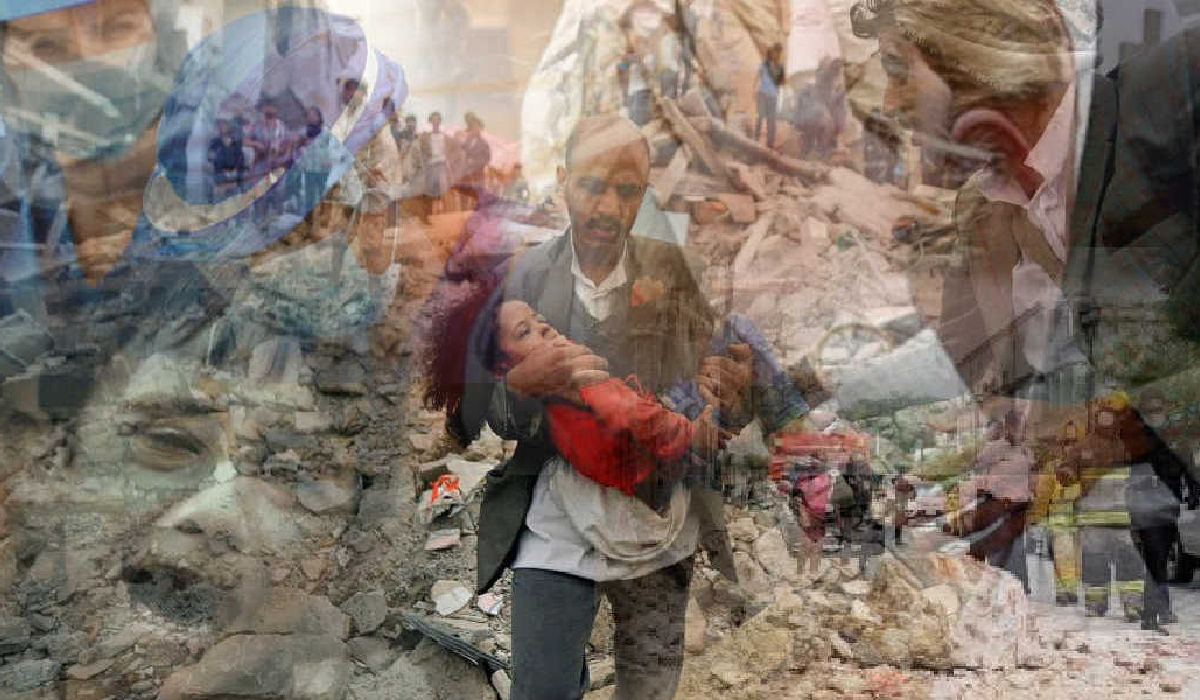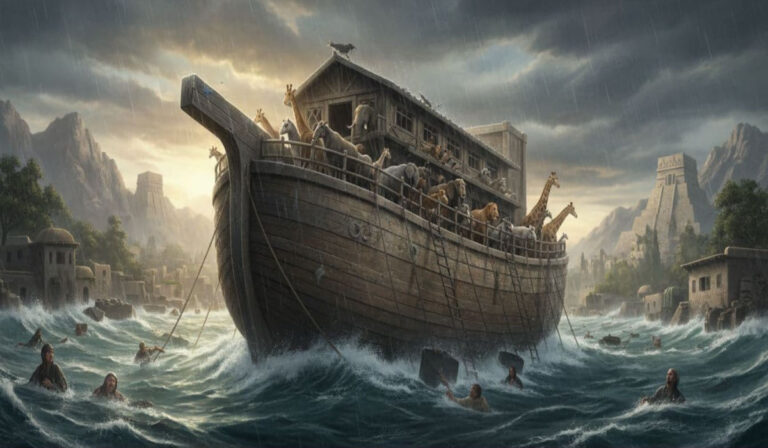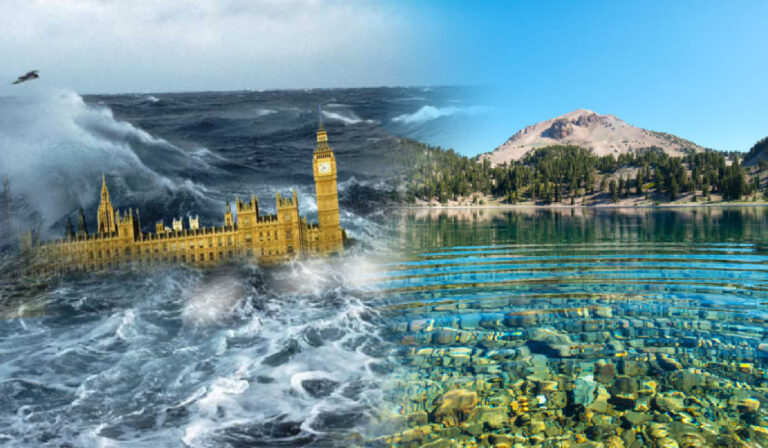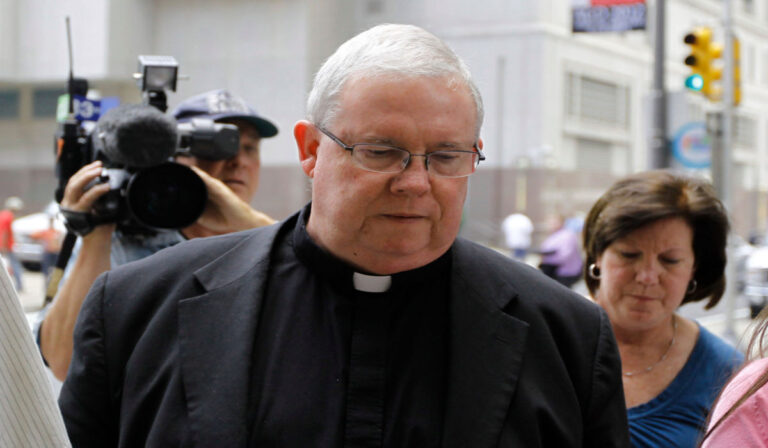the human effect
Human activity has reshaped the Earth more rapidly and destructively than any natural force in history. From the air we breathe to the oceans that cradle life, the fingerprints of industry, consumption, and neglect are everywhere. The consequences are no longer distant warnings—they are unfolding around us.

Air pollution, driven by fossil fuel combustion, chokes cities and accelerates climate change. Carbon dioxide levels have surged past 420 ppm—a figure unseen for millions of years. This rise traps heat, intensifies droughts, and fuels wildfires that devour forests and homes alike. The Arctic is melting at twice the global rate, and sea levels continue to rise, threatening coastal communities and ecosystems.
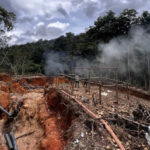
Deforestation is another stark example. Every year, millions of hectares of forest are cleared for agriculture, mining, and urban expansion. These forests are not just trees—they are carbon sinks, wildlife habitats, and climate regulators. Their loss accelerates species extinction and destabilises weather patterns.

Plastic pollution has infiltrated even the most remote corners of the planet. Microplastics are now found in drinking water, seafood, and even human blood. Oceans, once teeming with life, are suffocating under tonnes of waste. Coral reefs, vital to marine biodiversity, are bleaching and dying due to warming waters and acidification.

Agricultural practices, especially industrial farming, contribute heavily to greenhouse gas emissions and soil degradation. Fertilisers and pesticides poison waterways, while monoculture farming strips the land of nutrients. Meanwhile, overfishing has pushed many marine species to the brink, disrupting food chains and livelihoods.

War destroys lives, damages communities, and drains national resources. It causes suffering, displacement, and long-term trauma. Economies collapse, education halts, and healthcare systems fail. Nature is damaged, trust erodes, and peace becomes fragile. Even after (if) the conflict ends, the emotional and physical scars remain, shaping generations and global relationships.
Yet, believe it or not, amid this devastation, there is hope. People are awakening to the urgency of change. Renewable energy is expanding, reforestation projects are gaining momentum, and sustainable practices are being embraced by communities worldwide. But time is short. The planet is resilient, but not invincible!
“God will bring to ruin those ruining the earth.” – Revelation 11:18
This sobering scripture reminds us that environmental destruction is not just a physical crisis—it is a moral one. Stewardship of the Earth is a sacred responsibility. We must act not only to preserve creation but also to honour the Creator.
God promises a new world where suffering ends and peace reigns. This future includes justice, healing, and unity. His Kingdom will restore harmony, offering lasting hope to faithful people. God promises a new world where suffering ends and peace reigns. This future includes justice, healing, and unity. His Kingdom will restore harmony, offering lasting hope to faithful people.
“He will wipe out every tear from their eyes, and death will be no more…” —Revelation 21:4”
Let these words stir us to action. The damage is drastic, not irreversible – but no human government will achieve this! With humility, urgency, and faith, we can choose a different path—one of restoration, reverence, and hope.


